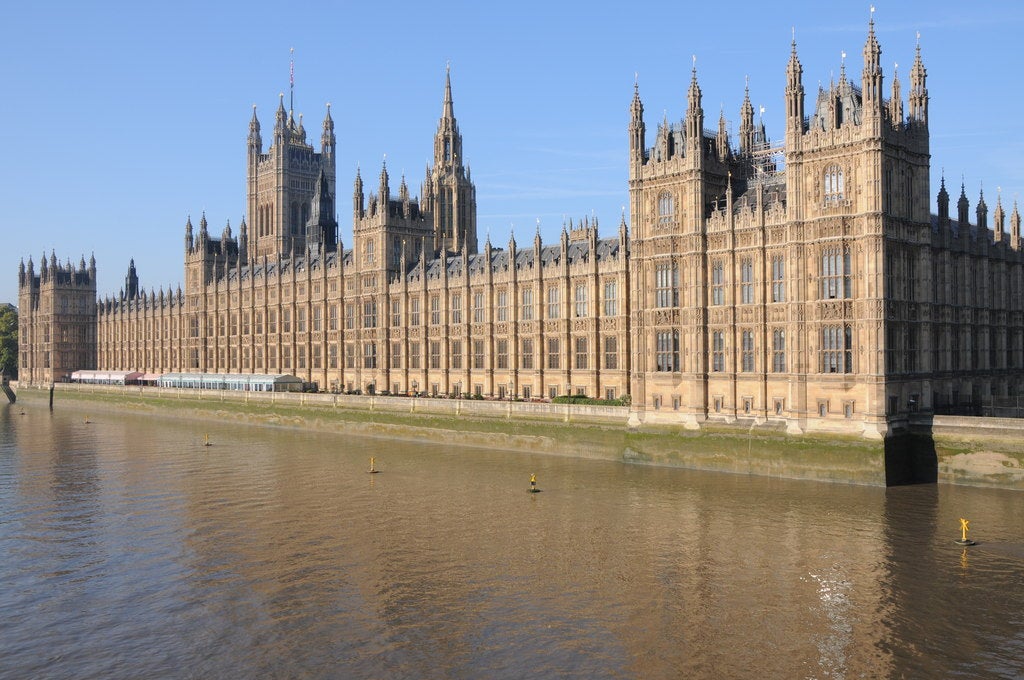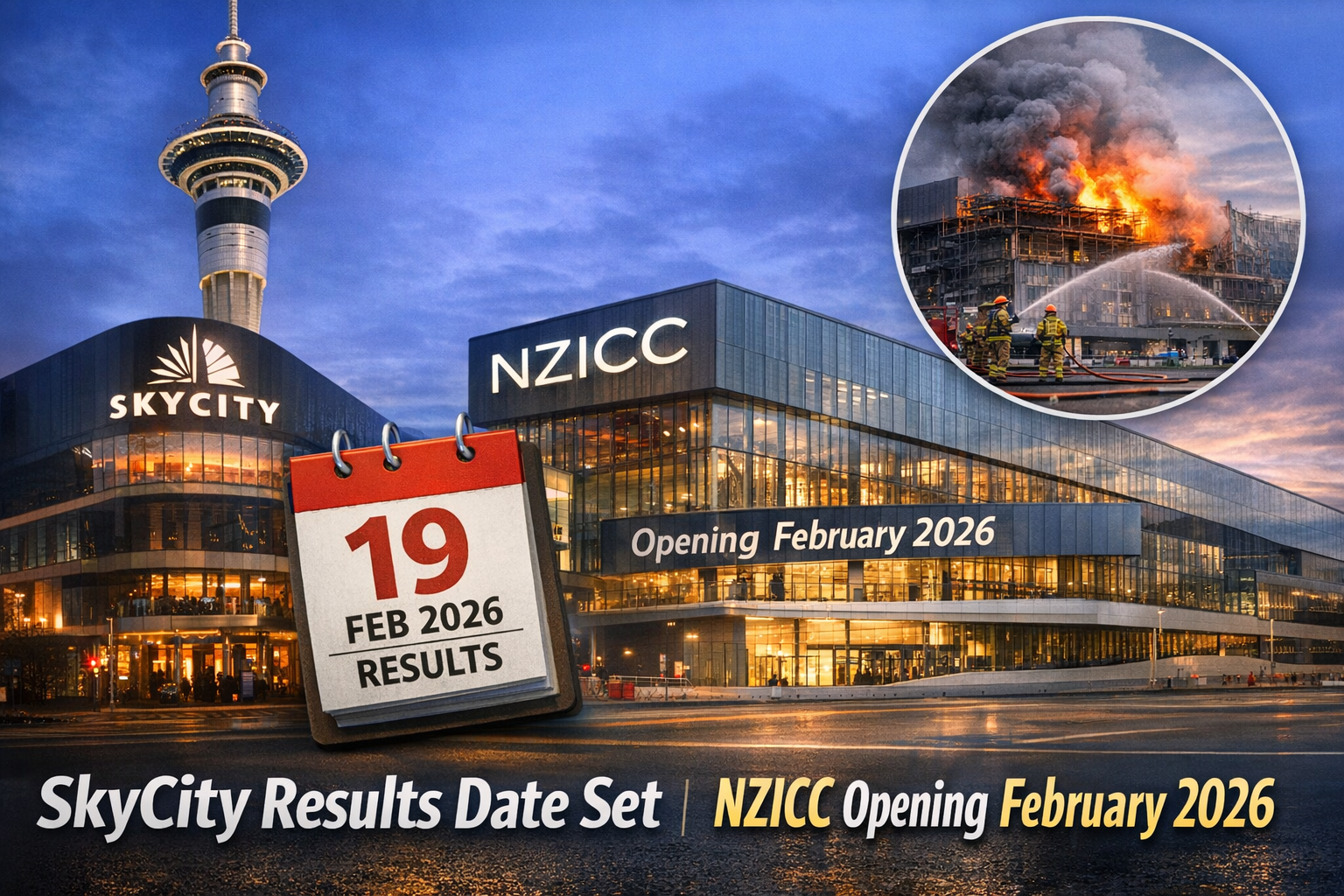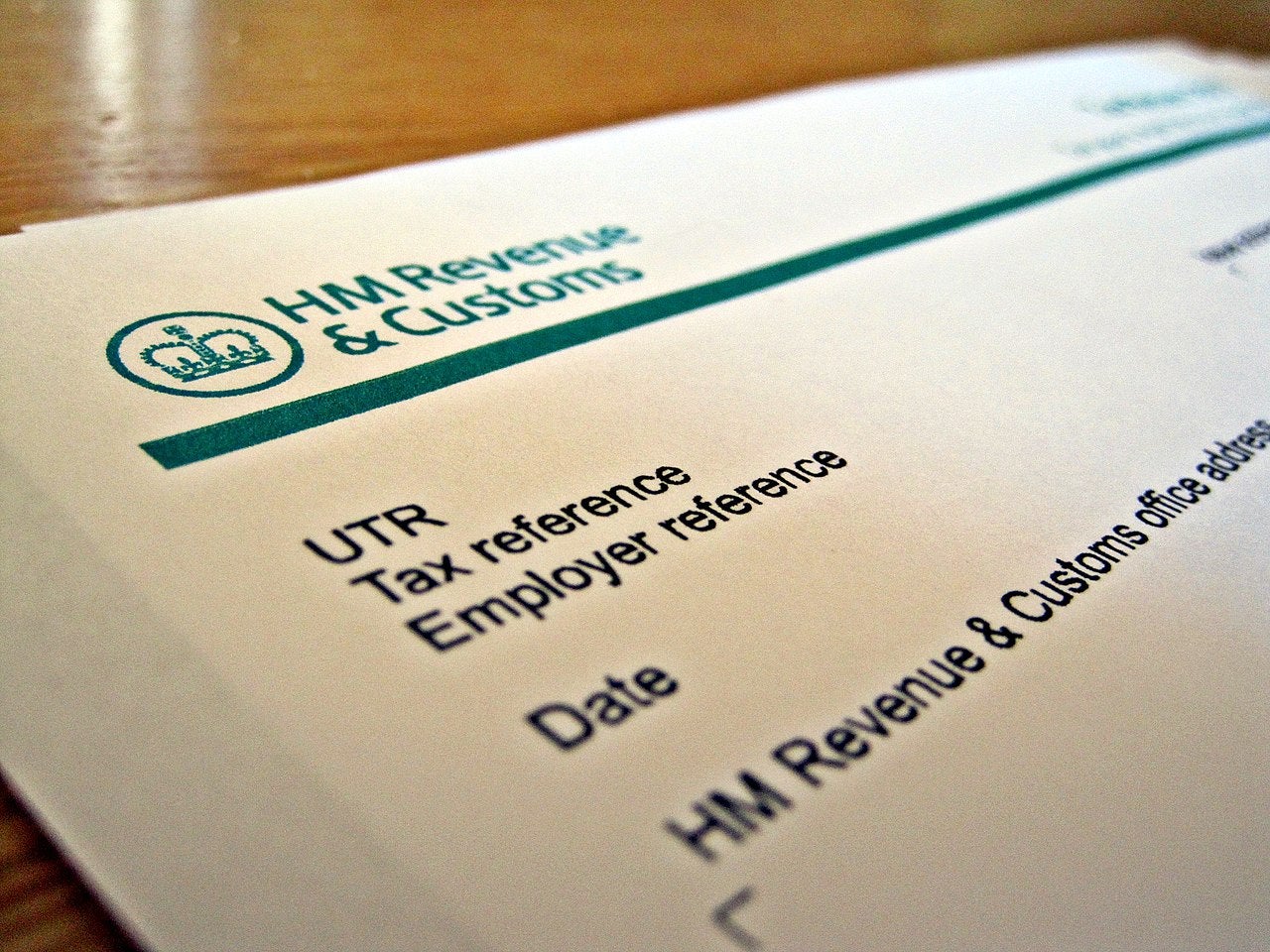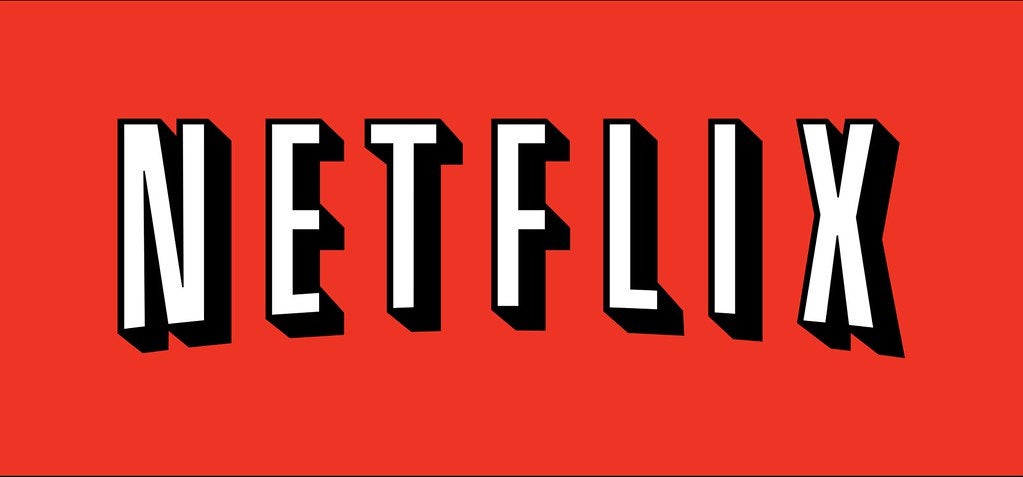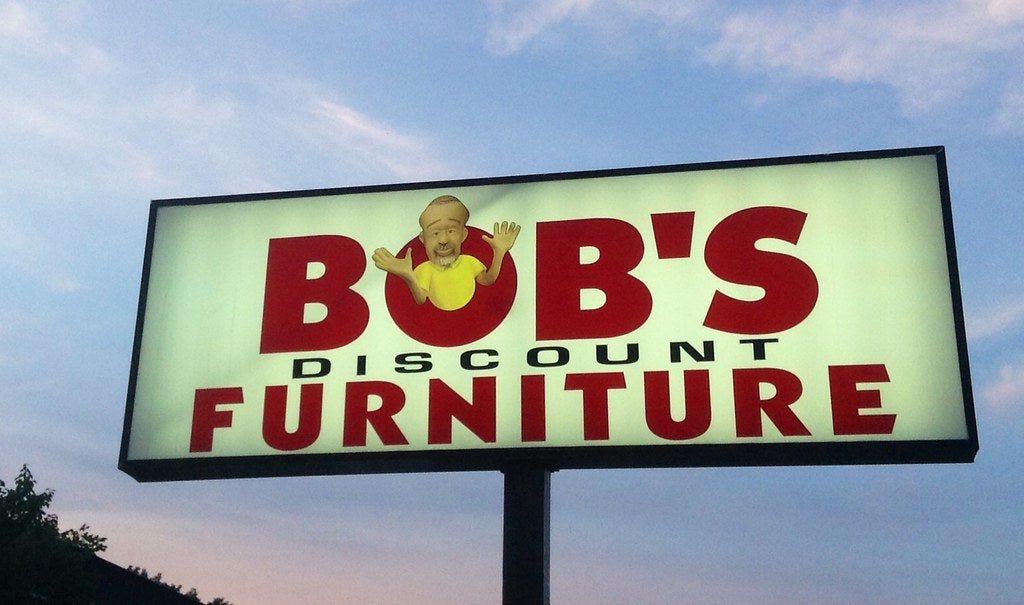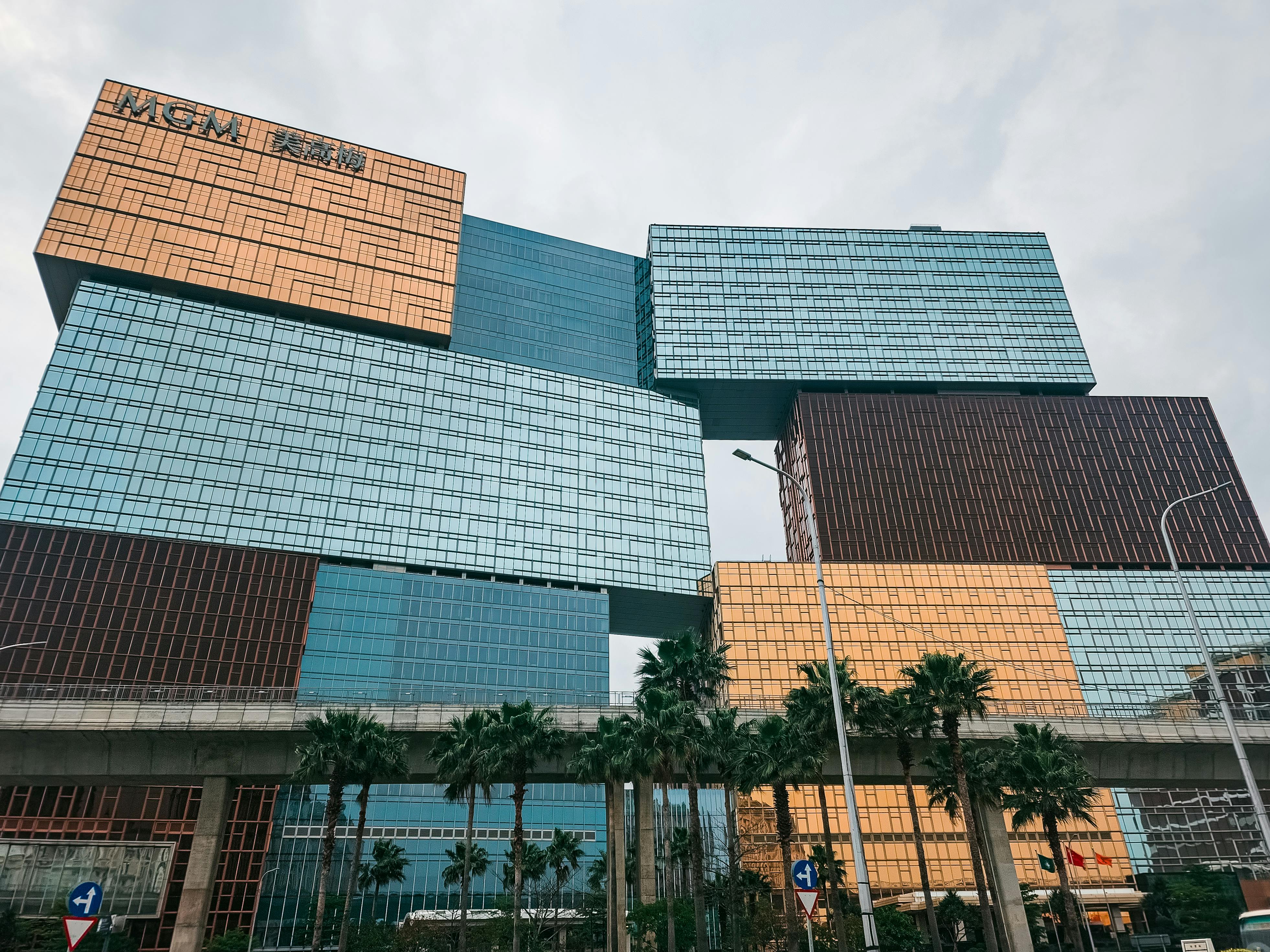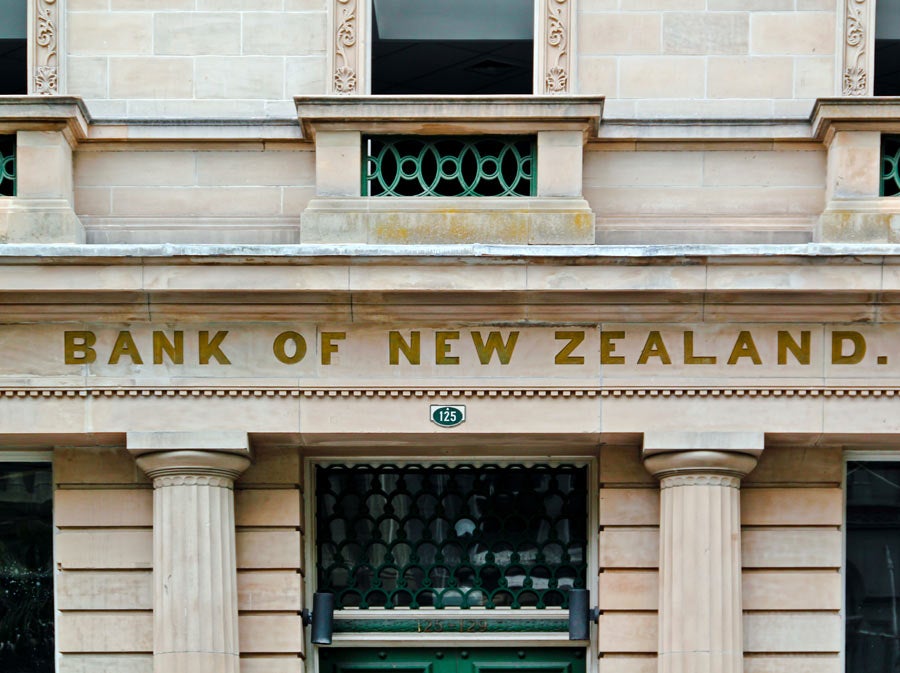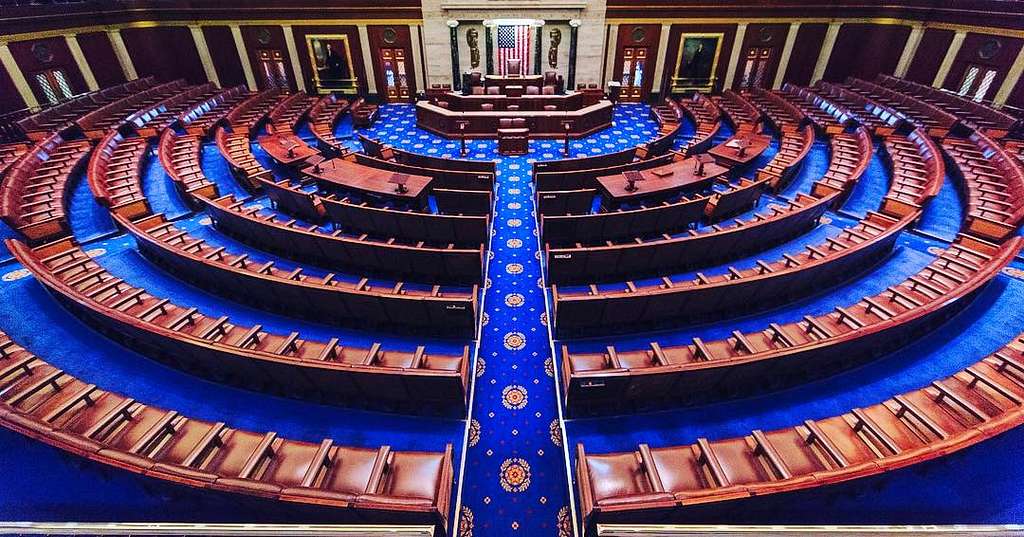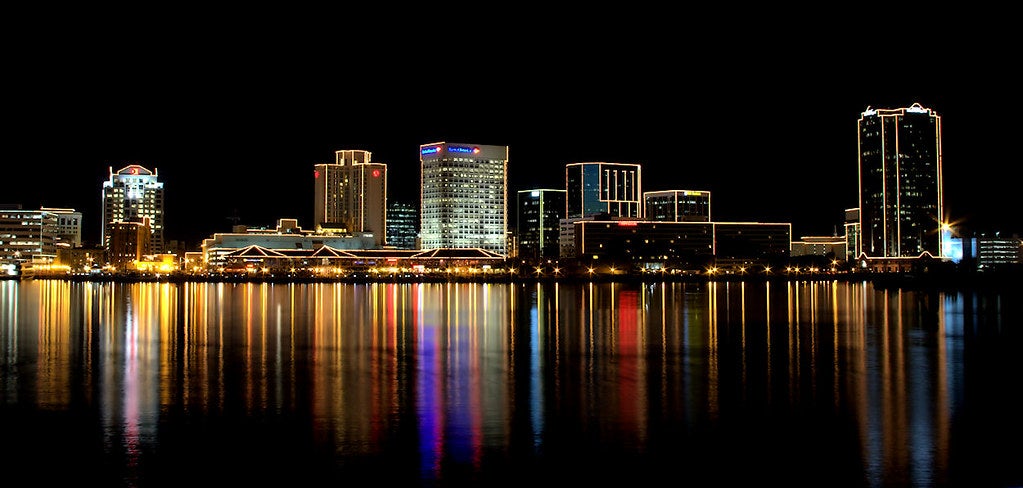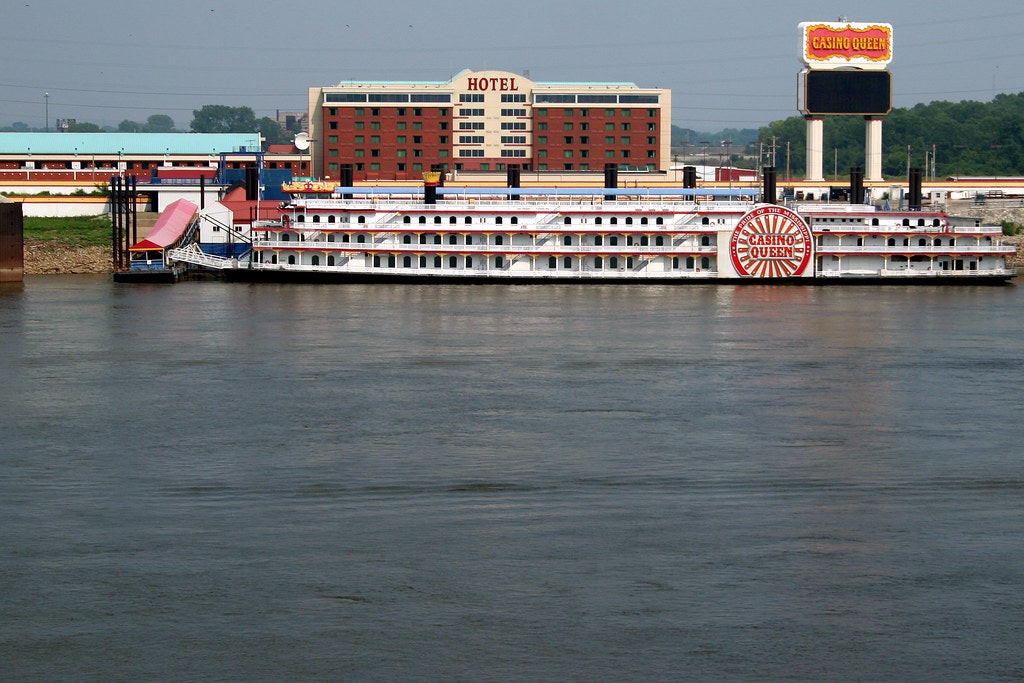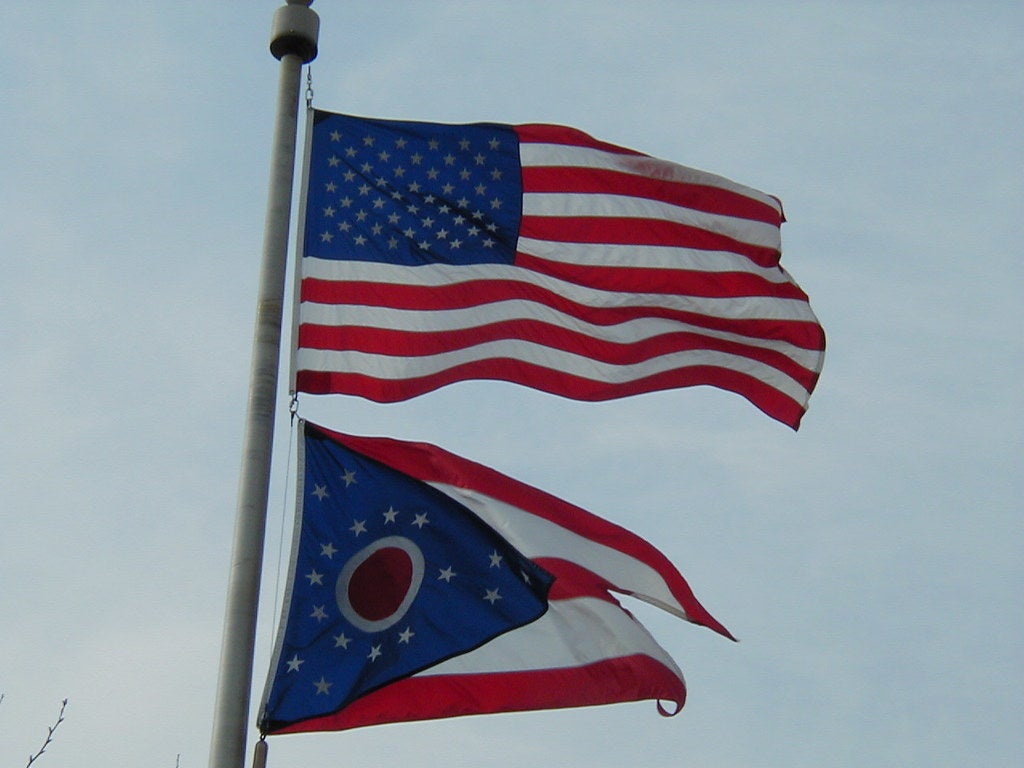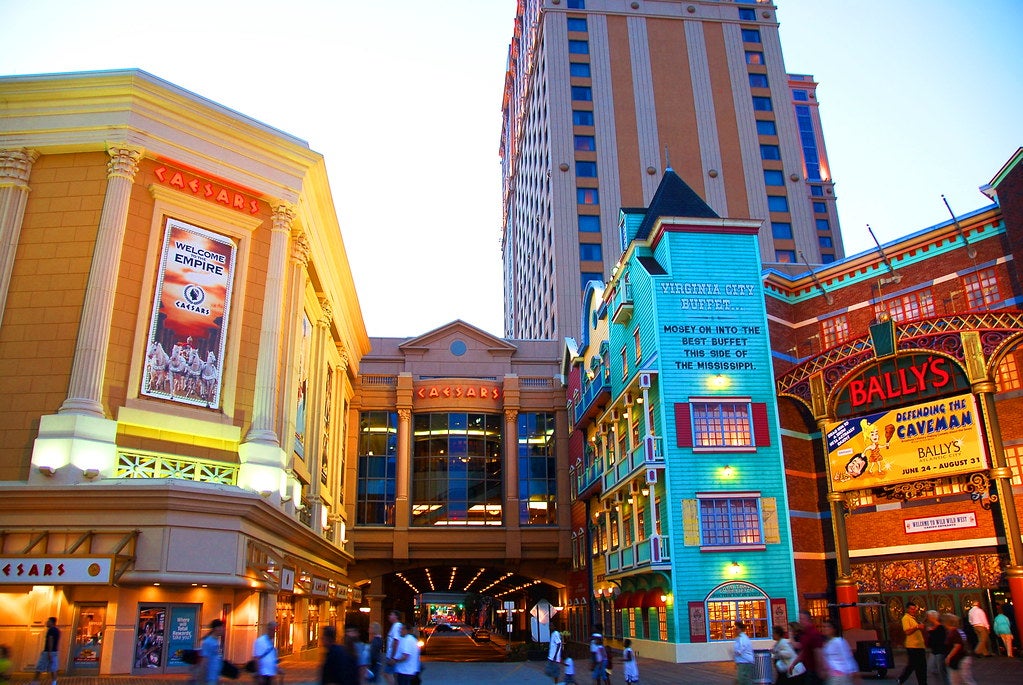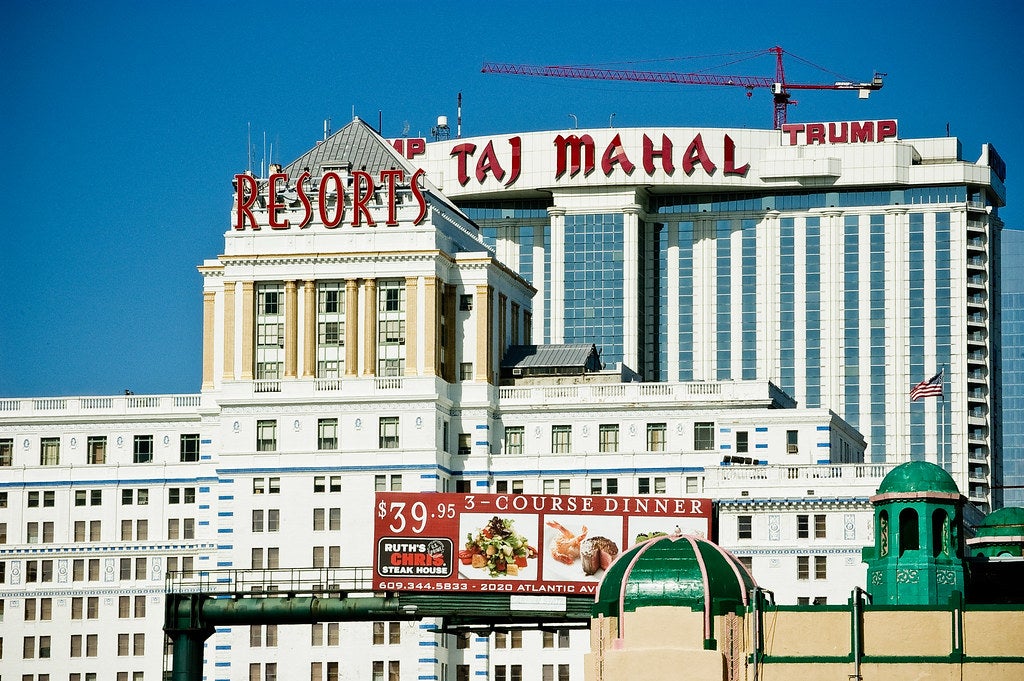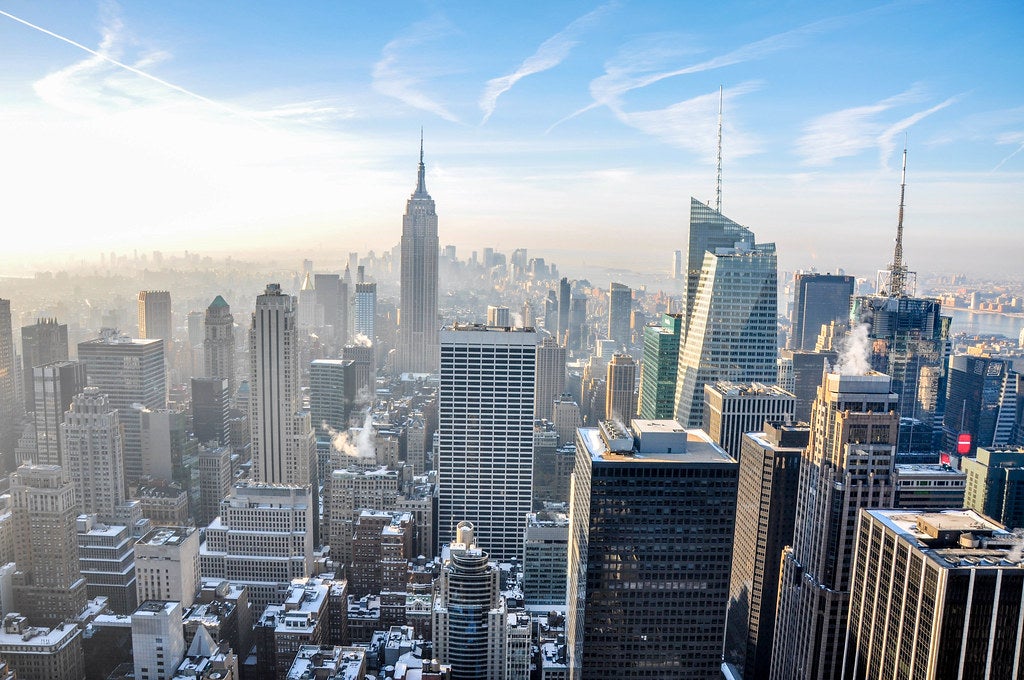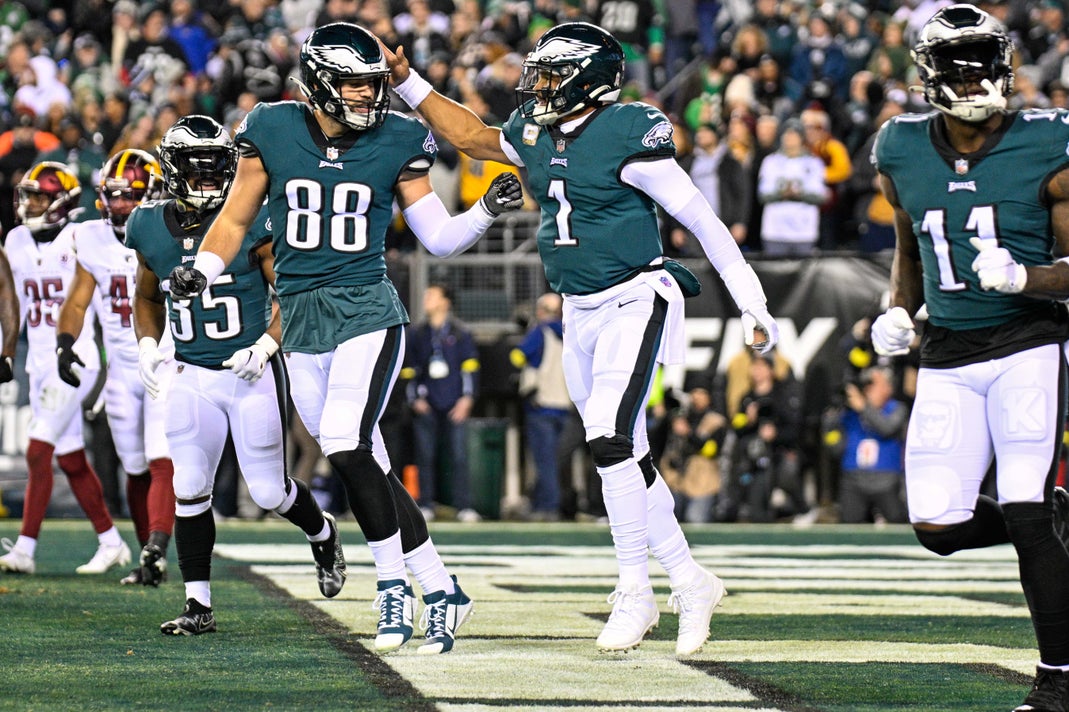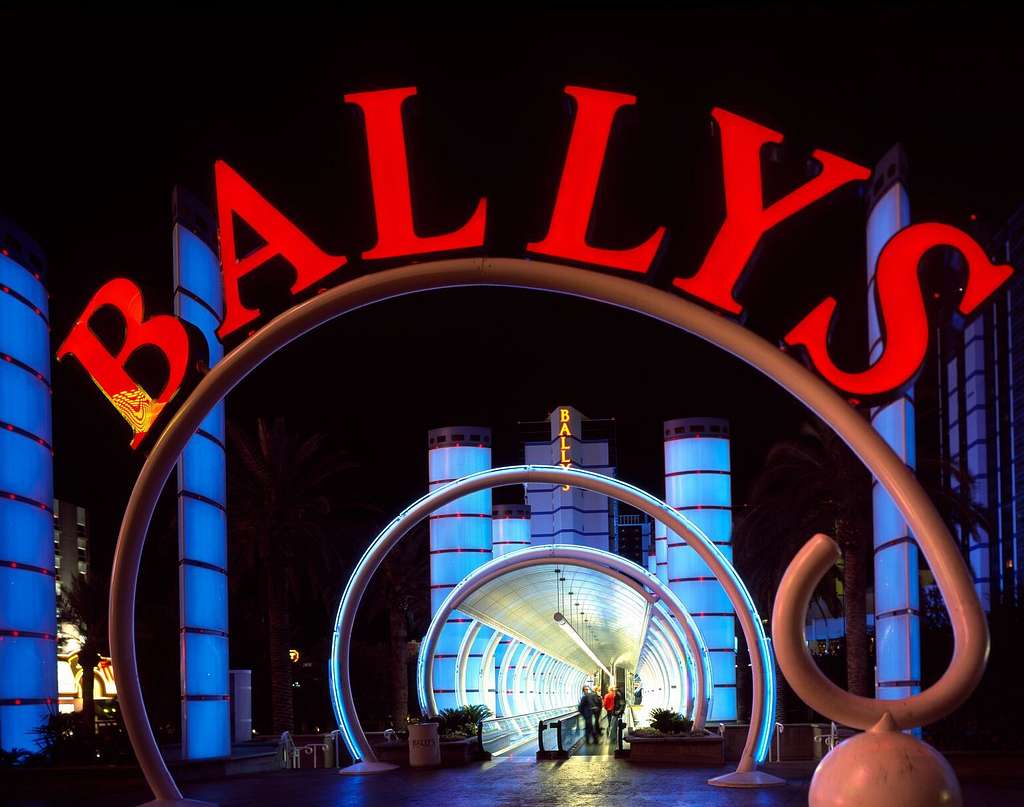Resorts World wants a reconsideration
Resorts World previously proposed a $600 million licensing fee, surpassing the $500 million minimum created by the state.
That’s not where the issue lies—instead, that can be found with the tax proposals of 56 percent on slot machine revenue and 30 percent on table games, which are well above industry standard.
According to reports, the company now hopes that New York officials will either lower its proposed tax standards, or increase those imposed on other approved casino projects to match Resorts World’s.
For comparison, Bally’s Bronx and Metropolitan Park in Queens, the other casino projects undergoing a final review, only offered tax rates of 30 and 25 percent, respectively. Pennsylvania casinos pay the highest tax standard in the country at 55 percent, which means that Resorts World would be responsible for the most burdensome tax rate not only in New York City, but in the entire country.
Resorts World’s lofty commitment is a reflection of its deep desire to land one of the three available casino operators’ licenses. However, with only two other projects still remaining, the tax commitment won’t give the project a leg up over prospective bidders, since there are three licenses available for three projects.
Tracking the money
Genting previously estimated that a full-fledged casino would generate about $4 billion in annual revenue
The company also claimed that it would pay $18.8 billion in taxes over the first 10 years of operation. That was expected to greatly outperform the totals produced by both Bally’s Bronx and Metropolitan Park.
Resorts World additionally pledged $5.5 billion to redevelop and convert its current facility into the final casino, on top of creating more jobs to boost the local economy.
As Resorts World’s tax rate remains in question, the Gaming Facility Location Board should be entering the final stages of its review for each of the casinos. The Board has the option to announce its licensees as early as Dec. 1, and decisions for all three projects must be announced before the end of the year.
There’s still no guarantee that all three projects will receive licenses.
Metropolitan Park crucially just announced a deal with New York City that is said to help it avoid falling victim to a "superiority clause” that was mentioned in a recent lawsuit levied by a local tennis organization.


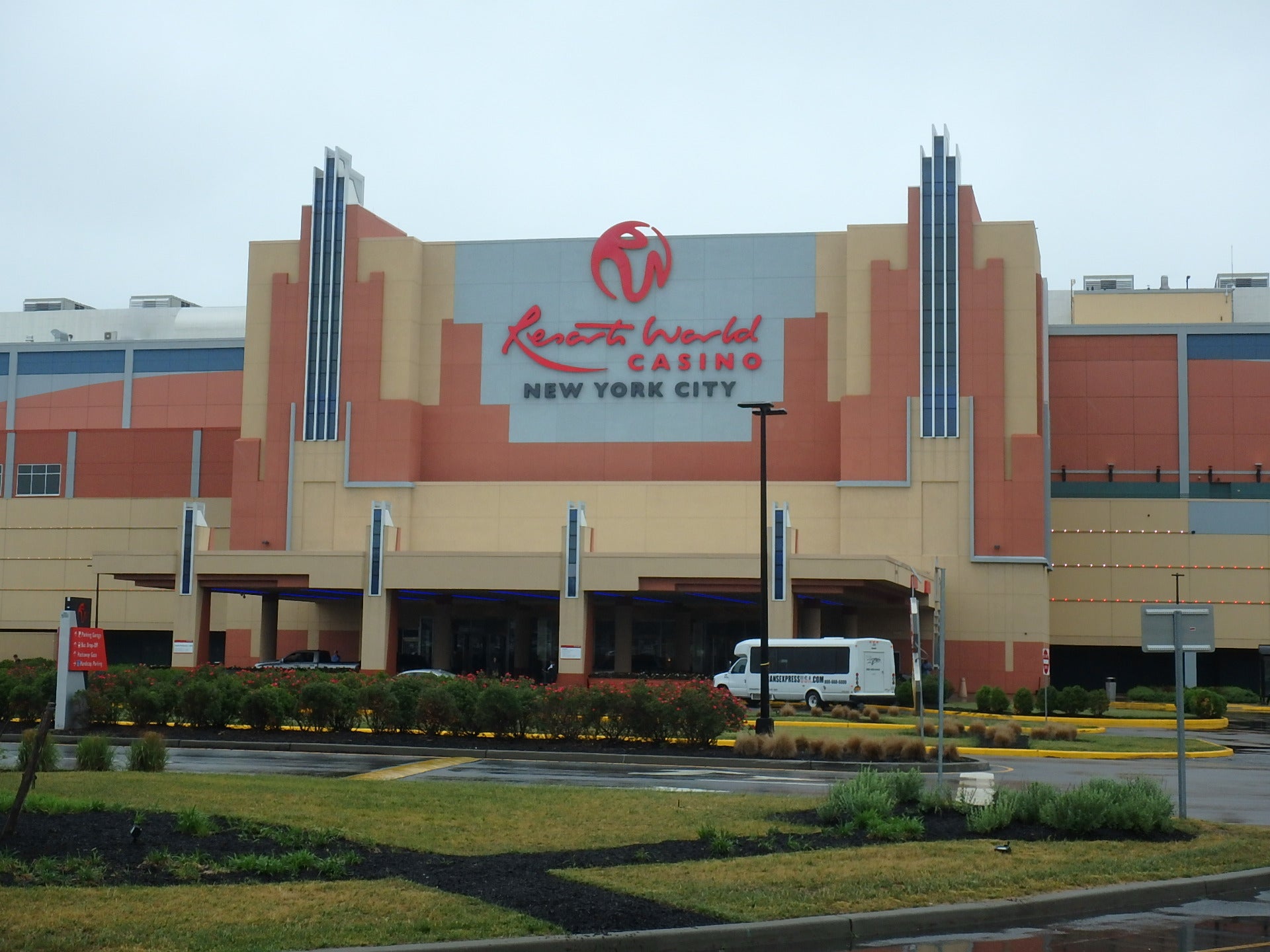


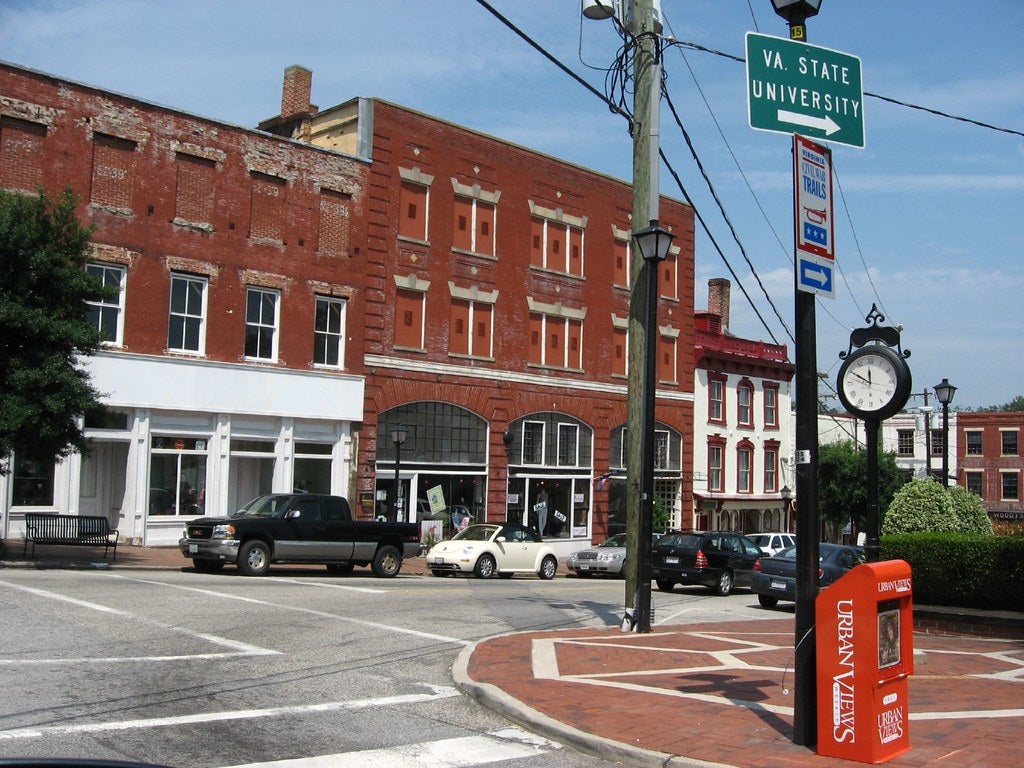
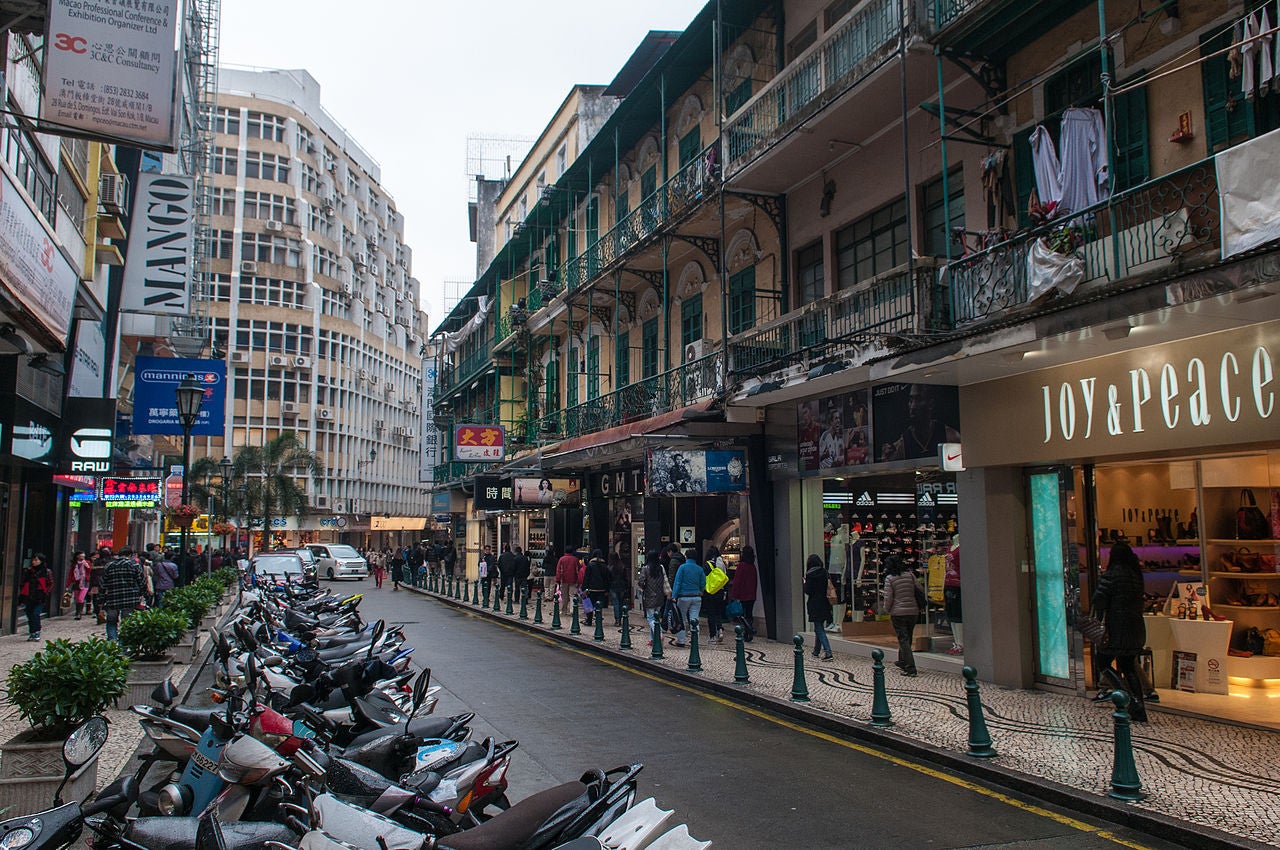

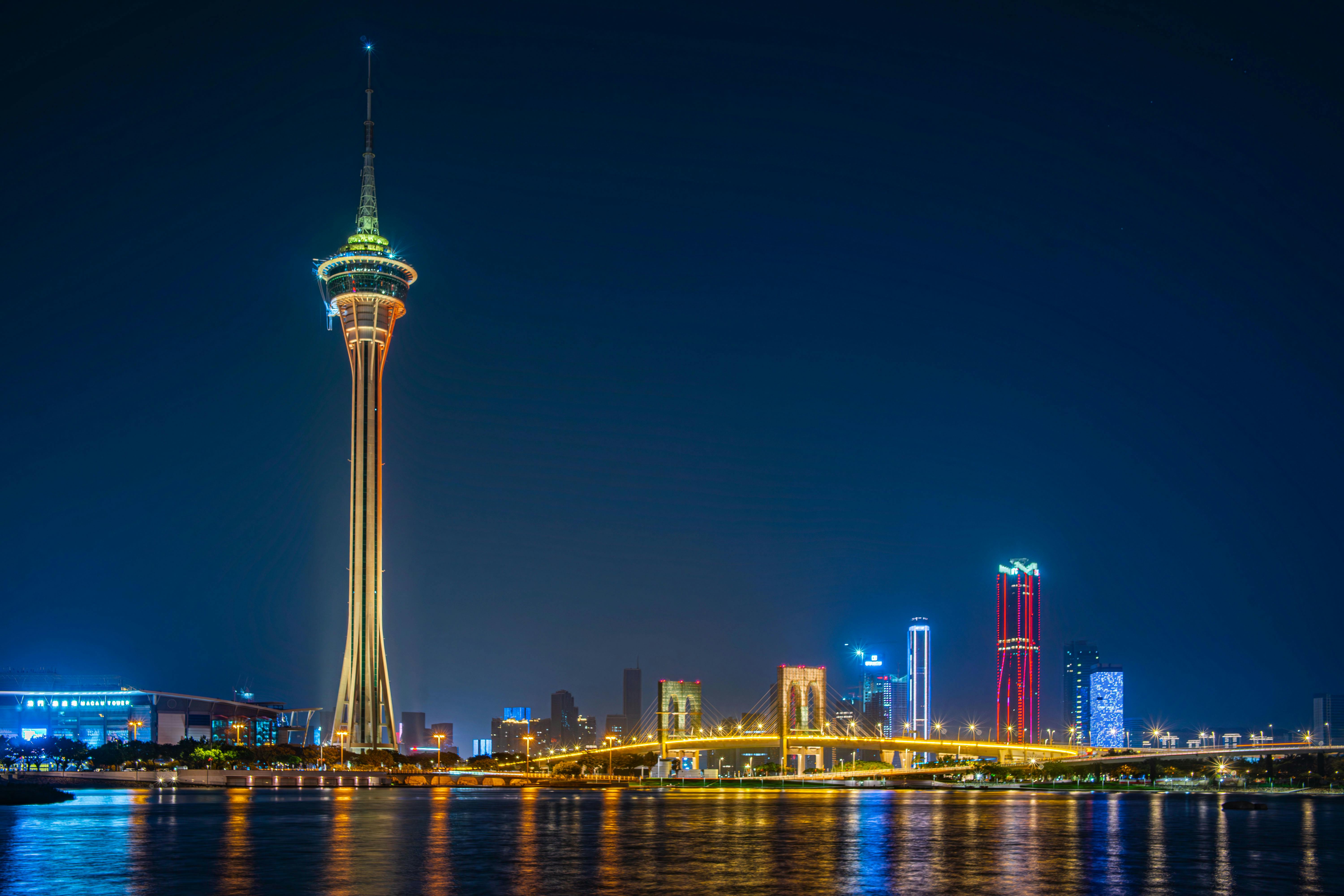
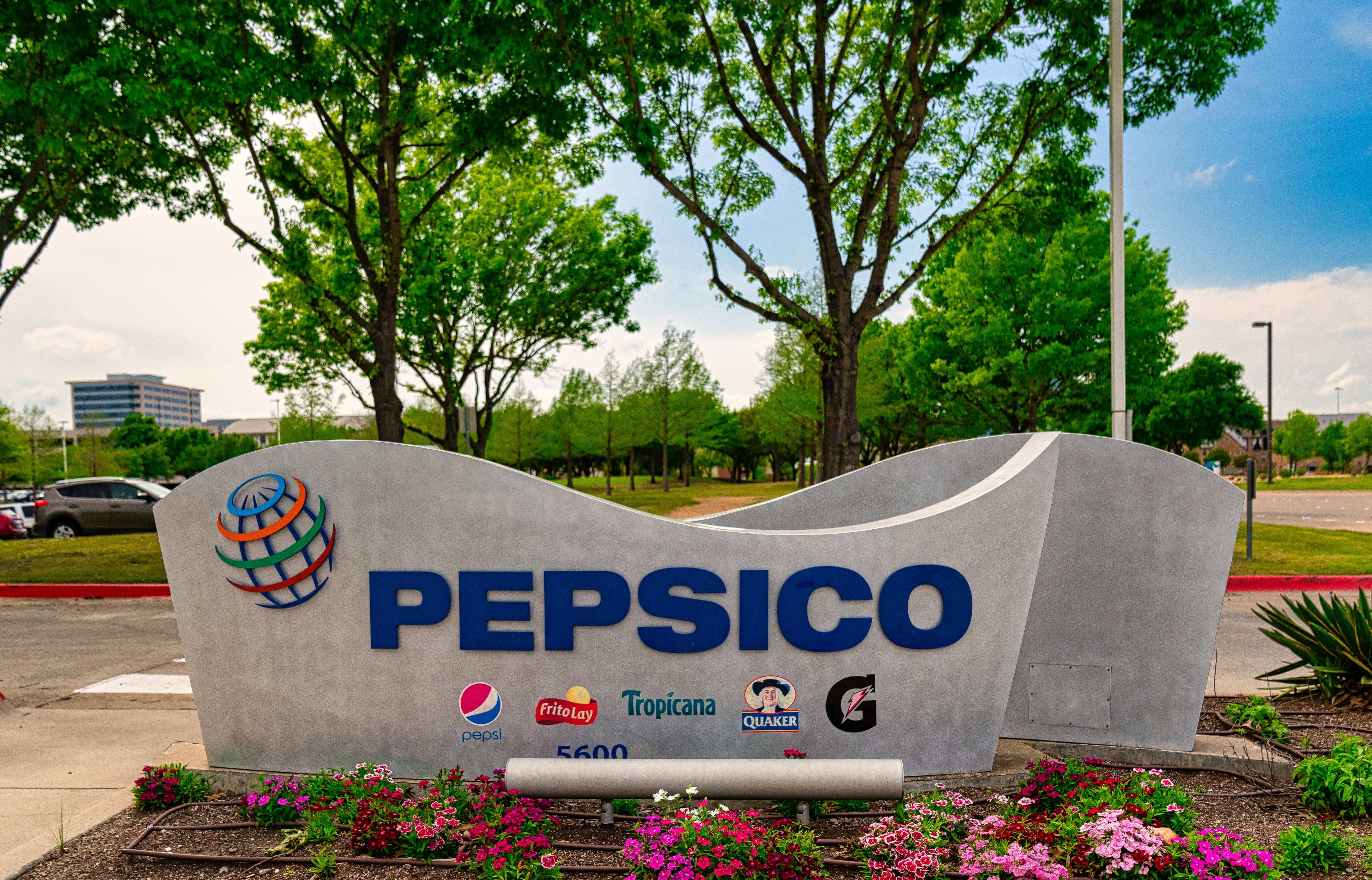


_for_$2.25_Billion.jpeg)
